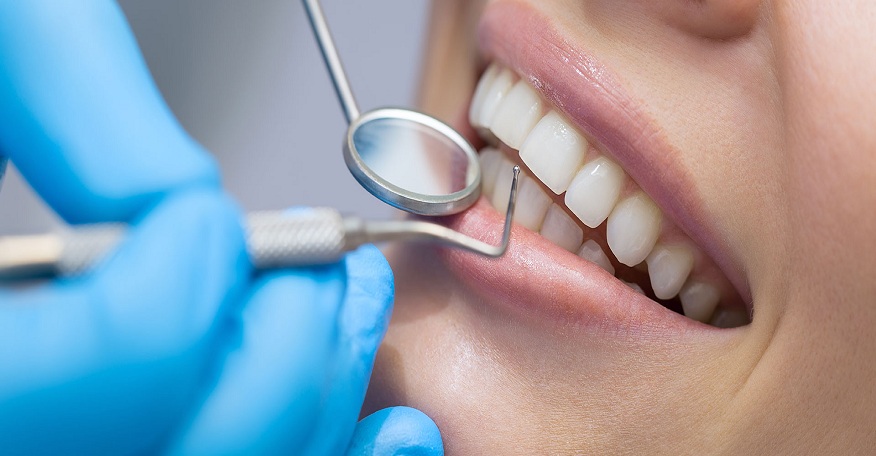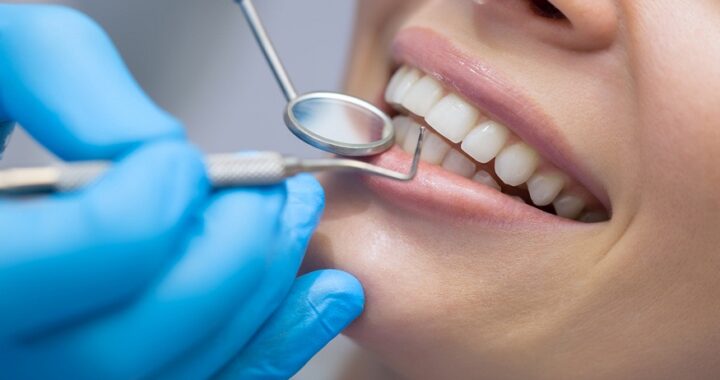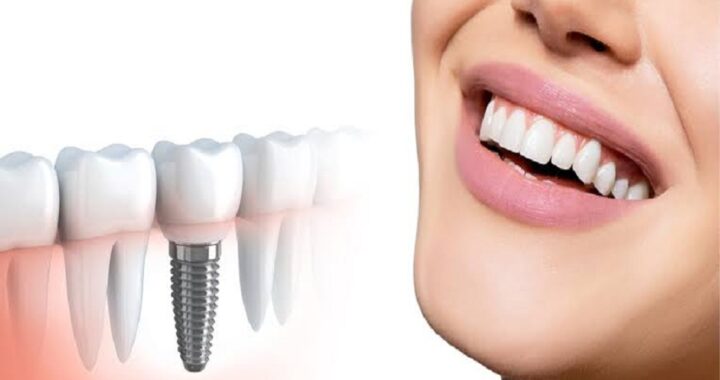5 Key Signs That You Need to Visit a Dentist

Young kids, friends, and demanding jobs are among the many things that may make you neglect your health and general well-being until nagging symptoms remind you that your medical checkups have fallen by the wayside.
You can be tempted to put off minor dental problems until your schedule lights up. However, you shouldn’t take the following warning signs lightly, especially if you are trying to manage chronic conditions such as diabetes:
1. Lingering Sores
From eating fruits that don’t agree with you to biting your tongue, mouth soreness happens. However, if it lasts for one week or even longer, it would be best to seek the opinion of your Meridian dentist.
Cold sores, candidiasis, leukoplakia, and canker sores are among the possible signs of a very serious issue, all varying in cause and severity, and may either be traced to an infection or virus.
2. Ongoing Bleeding Gums
If your gums bleed whenever you floss or brush your teeth, then it is a sign that you have gum disease. In some instances, individuals who floss after a few months might find spots of blood. If the bleeding lasts for one or two days, then you have nothing to be worried about. But if it lasts longer, consider giving your dentist a call.
3. Dental Pain
Dental pain is among the key reasons people visit their dentists for their regular appointments. The pain may include gum pain, jaw pain, or toothache. In addition, the kind of discomfort you might have may range from stabbing or throbbing pain to achiness. All these kinds of discomfort or pain show that a dentist should conduct an evaluation.
Dental pain may also show disease or decay. For example, gum disease may result in discomfort in your gums. Toothaches may come from dental decay, but some individuals might have pain without tooth or gum problems.
4. Dry Mouth
Always getting thirsty can be an indication that you have a medical problem. Dry mouth often comes from inadequate saliva flow.
Usually, saliva serves as the primary defense against decay and helps to maintain the health of hard and soft tissues in your mouth. Without it, extensive decay may occur, too.
Your dentist will recommend different strategies to restore mouth moisture. Strategies like eating sugar-free gum or candy can help to stimulate the flow of saliva. To restore moisture, oral rinses and artificial saliva can help.
5. Pus in the Mouth
This is among the first signs of gum abscess or infections and should immediately be addressed. If left unaddressed, the infection may spread, leading to more serious issues.
In extreme situations, bacteria from abscessed teeth may spread to other body parts, resulting in fatal sepsis. Proper infection treatment may include antibiotics or root therapy to prevent further complications.
The Bottom Line
Paying your dentist a visit in their office is often regarded as a frightening experience. If you hardly make dental appointments with your dentist, then you risk experiencing several dental issues in the future. Like other health issues in your body, you must take dental problems seriously and treat them accordingly.

 How Modern Dental Care Trends are Transforming Patient-Centered Dental Healthcare
How Modern Dental Care Trends are Transforming Patient-Centered Dental Healthcare  Choosing the Right Cosmetic Dentist for Your Smile Makeover
Choosing the Right Cosmetic Dentist for Your Smile Makeover  What Are Dental Implants and What’s Good About Them?
What Are Dental Implants and What’s Good About Them?  5 Qualities of a Good Dentist That Will Keep Your Teeth Healthy
5 Qualities of a Good Dentist That Will Keep Your Teeth Healthy  How to Choose the Right Dentist for Your Children
How to Choose the Right Dentist for Your Children  What are the treatment options for Anal Fistula?
What are the treatment options for Anal Fistula?  WHAT IS SLEEP APNEA AND WHY SHOULD YOU CARE?
WHAT IS SLEEP APNEA AND WHY SHOULD YOU CARE?  Tennessee Men’s Clinic Highlights the Transformative Power of Fitness on Men’s Lives
Tennessee Men’s Clinic Highlights the Transformative Power of Fitness on Men’s Lives  Behind the Scenes: A Day in the Life of a Veterinary Hospital Staff Member
Behind the Scenes: A Day in the Life of a Veterinary Hospital Staff Member  WHAT IS A VASECTOMY? EVERYTHING YOU NEED TO KNOW
WHAT IS A VASECTOMY? EVERYTHING YOU NEED TO KNOW